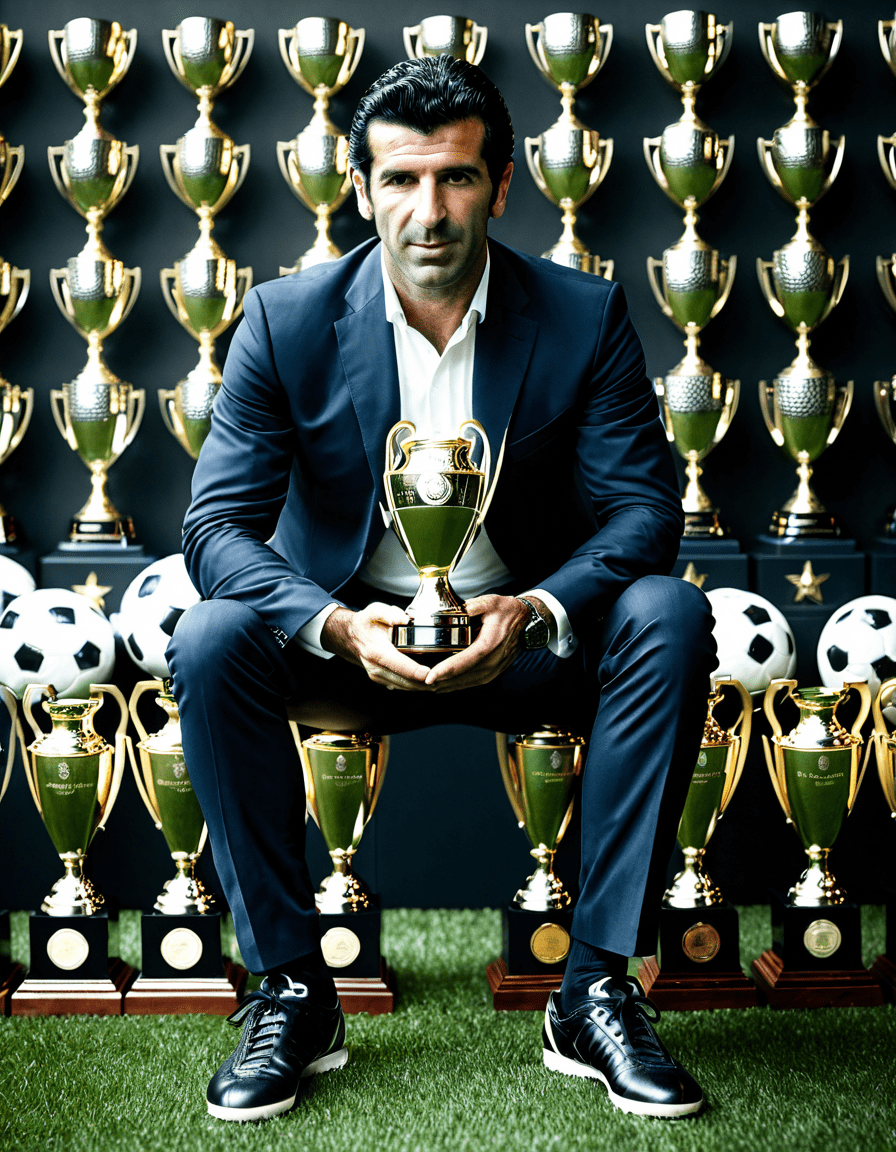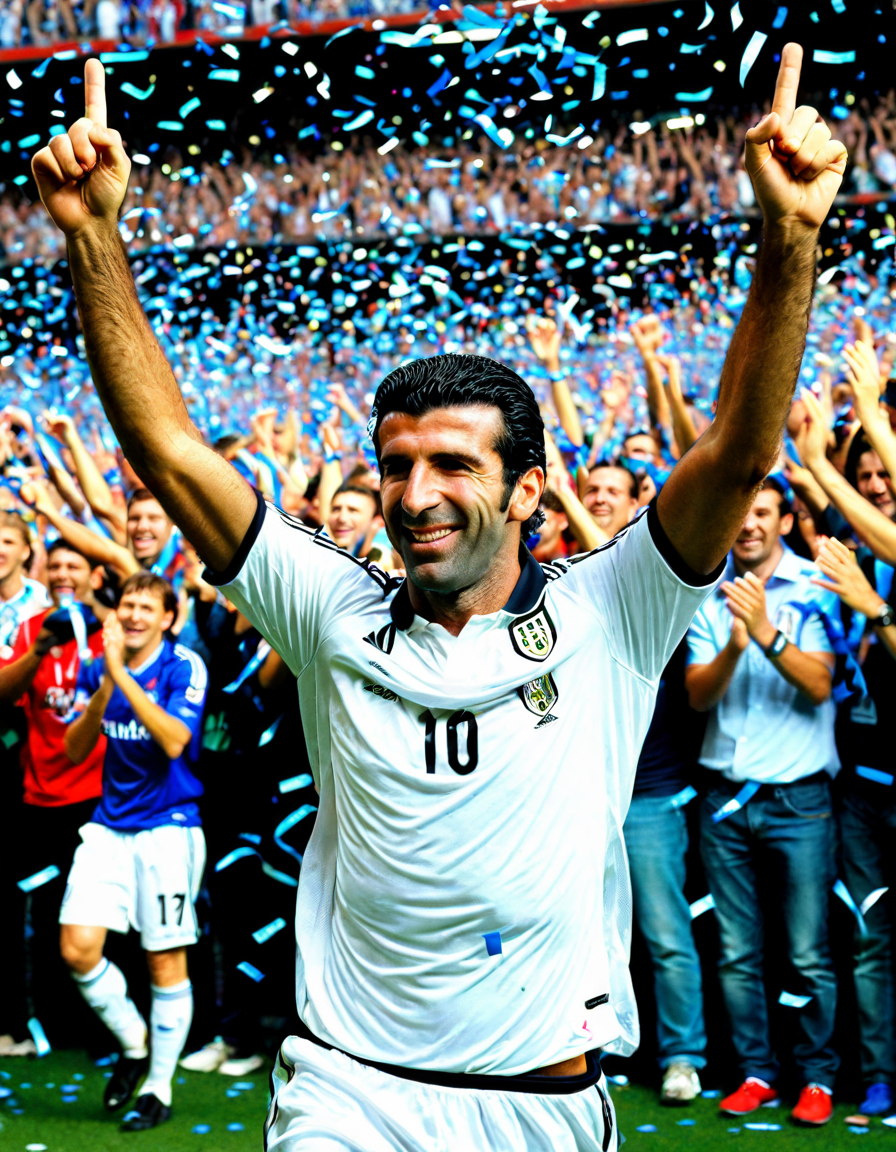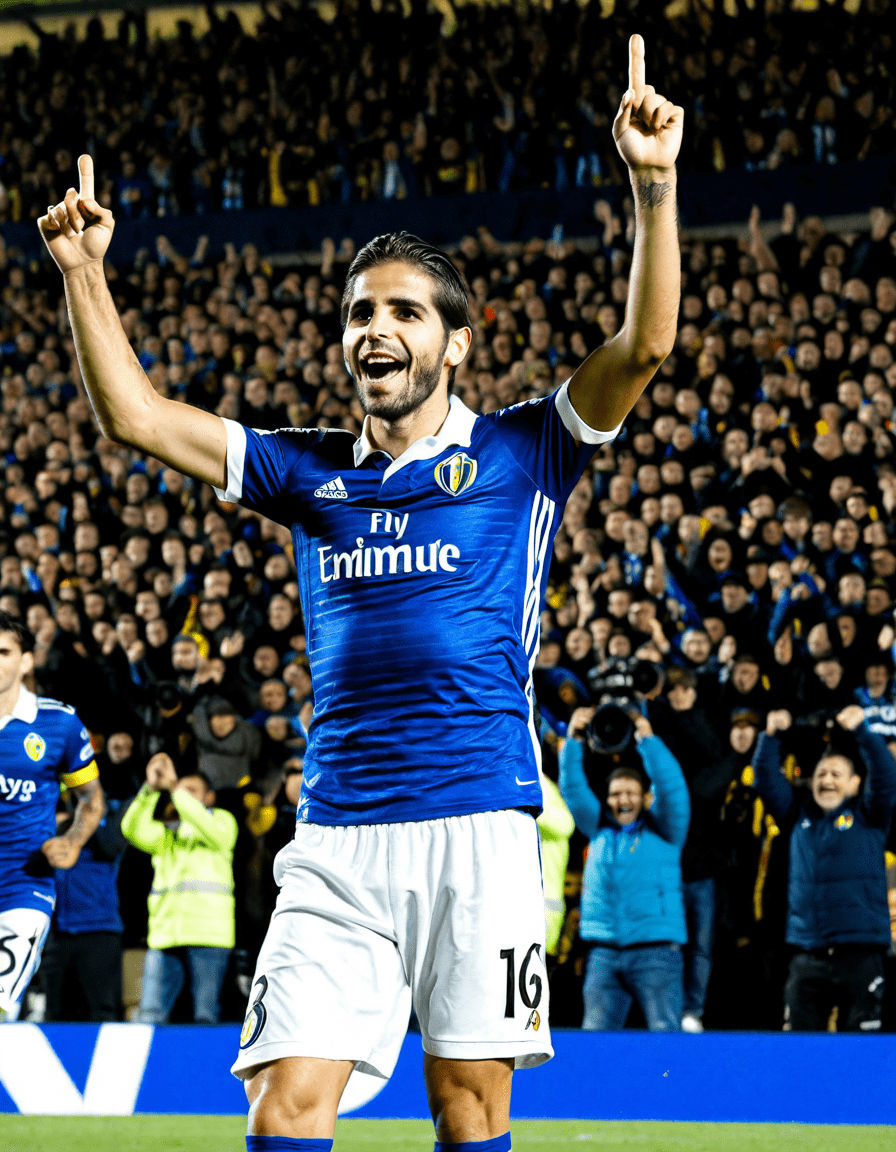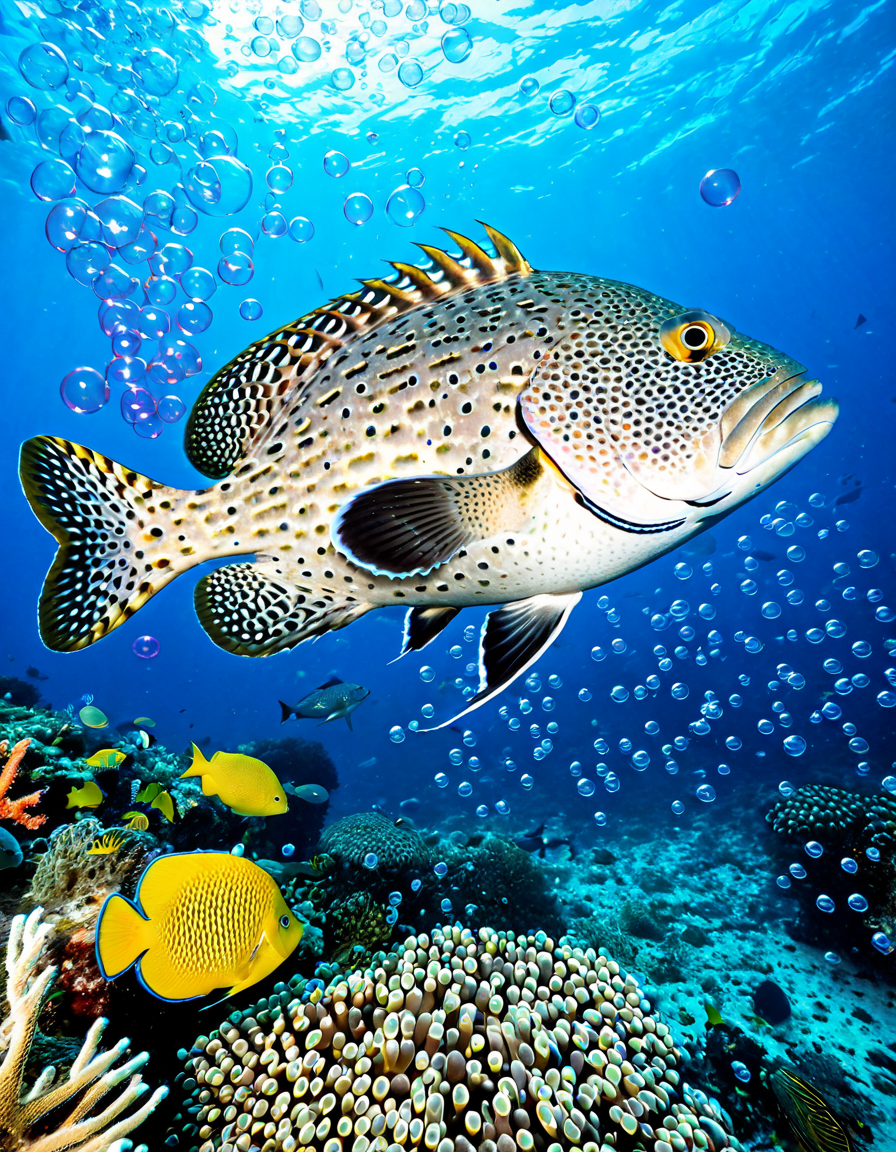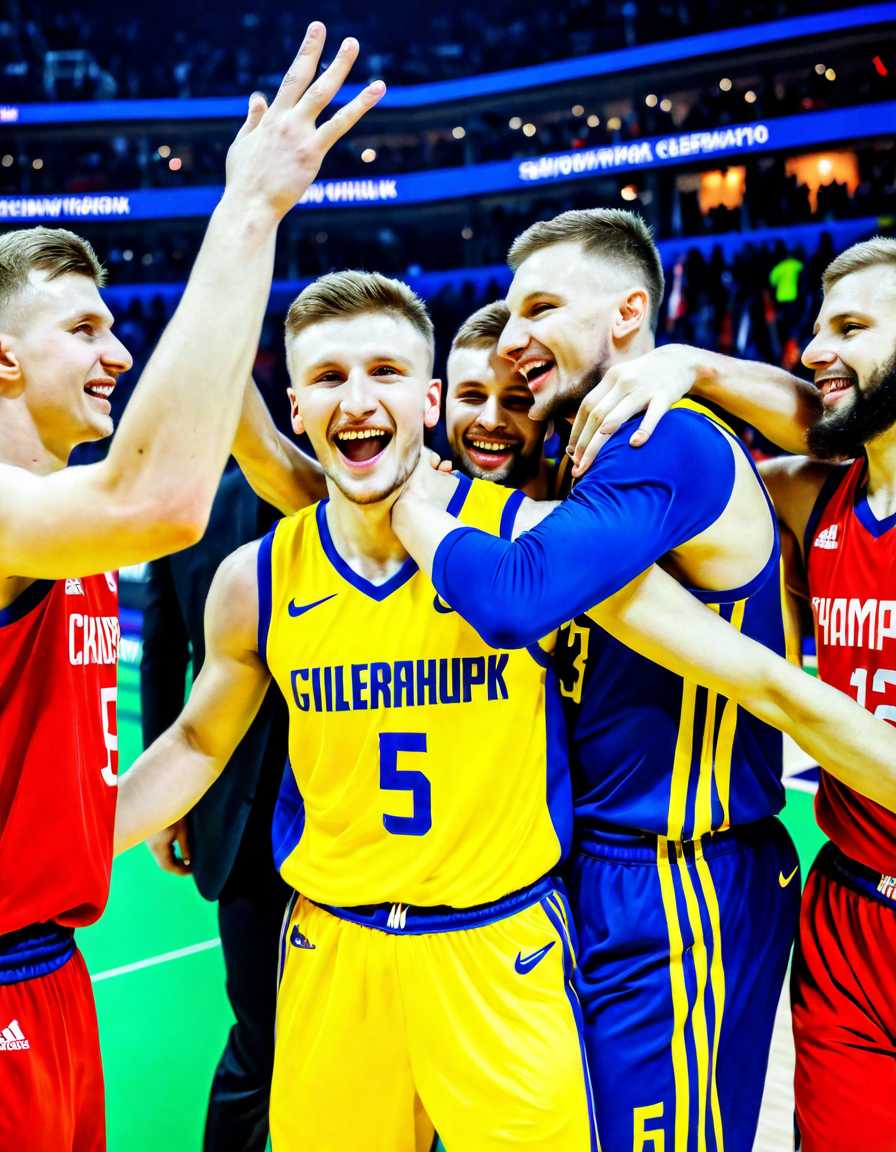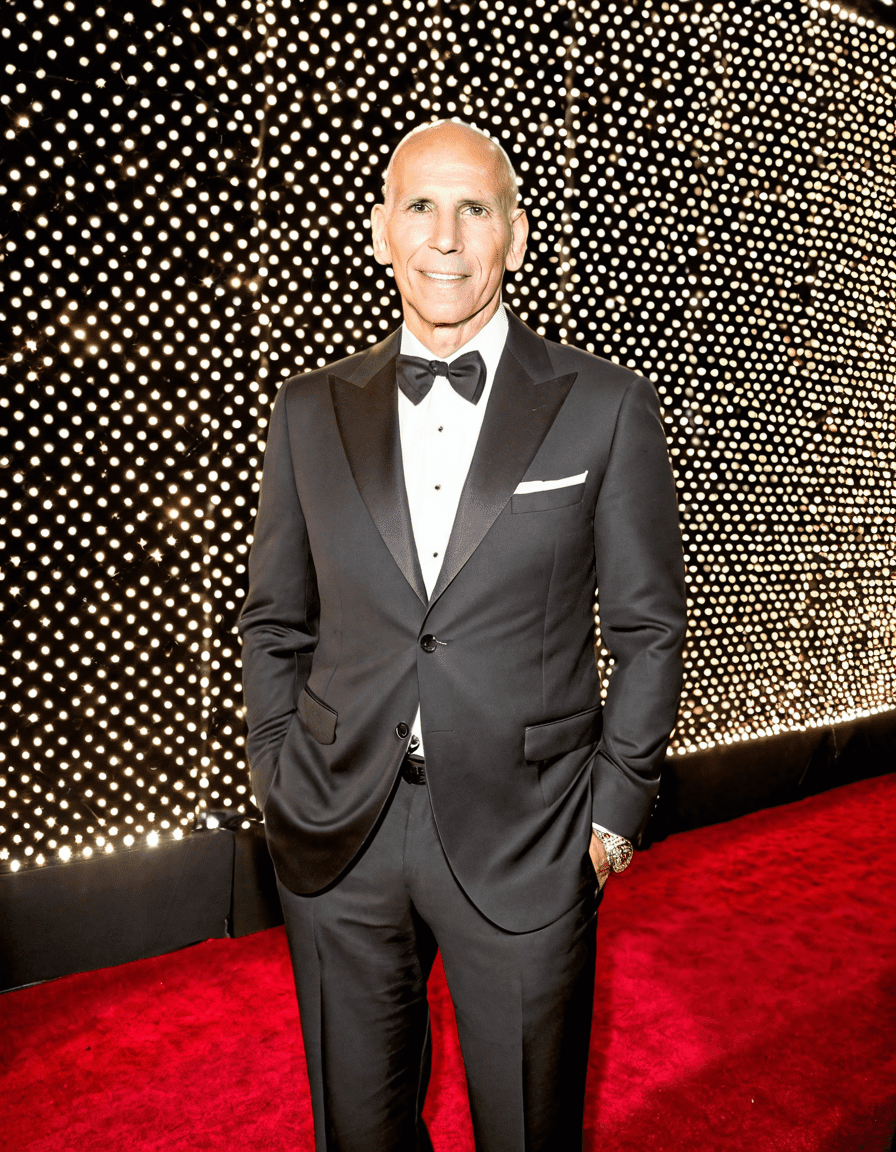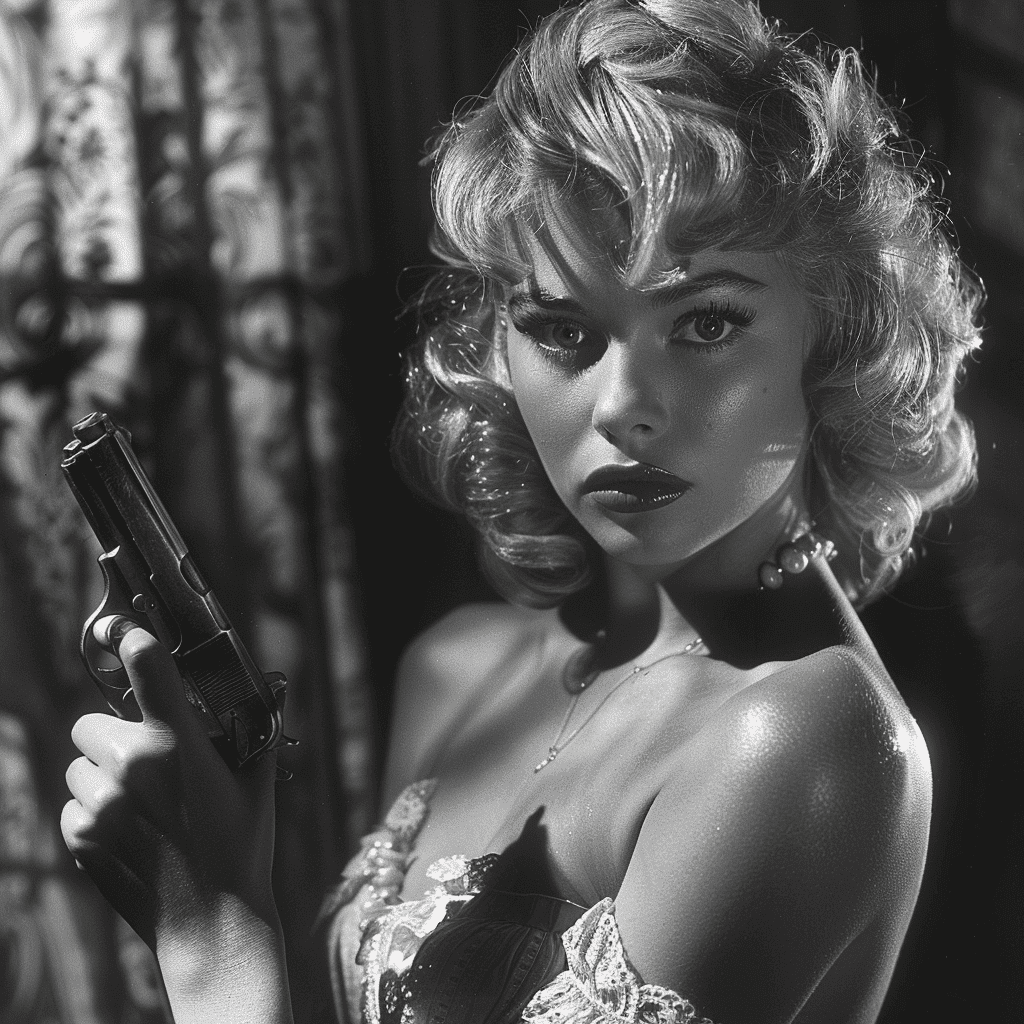Luis Figo is a name that resonates with football fans around the globe. Born in Lisbon, Portugal, he transformed from a local talent into an international football icon. Figo’s journey is a captivating tale of passion, resilience, and unrivaled skill, which not only reshaped his career but also left a lasting mark on the game itself. Let’s dive deep into the life of this legendary figure, exploring his rise to fame, monumental milestones, and enduring influence.
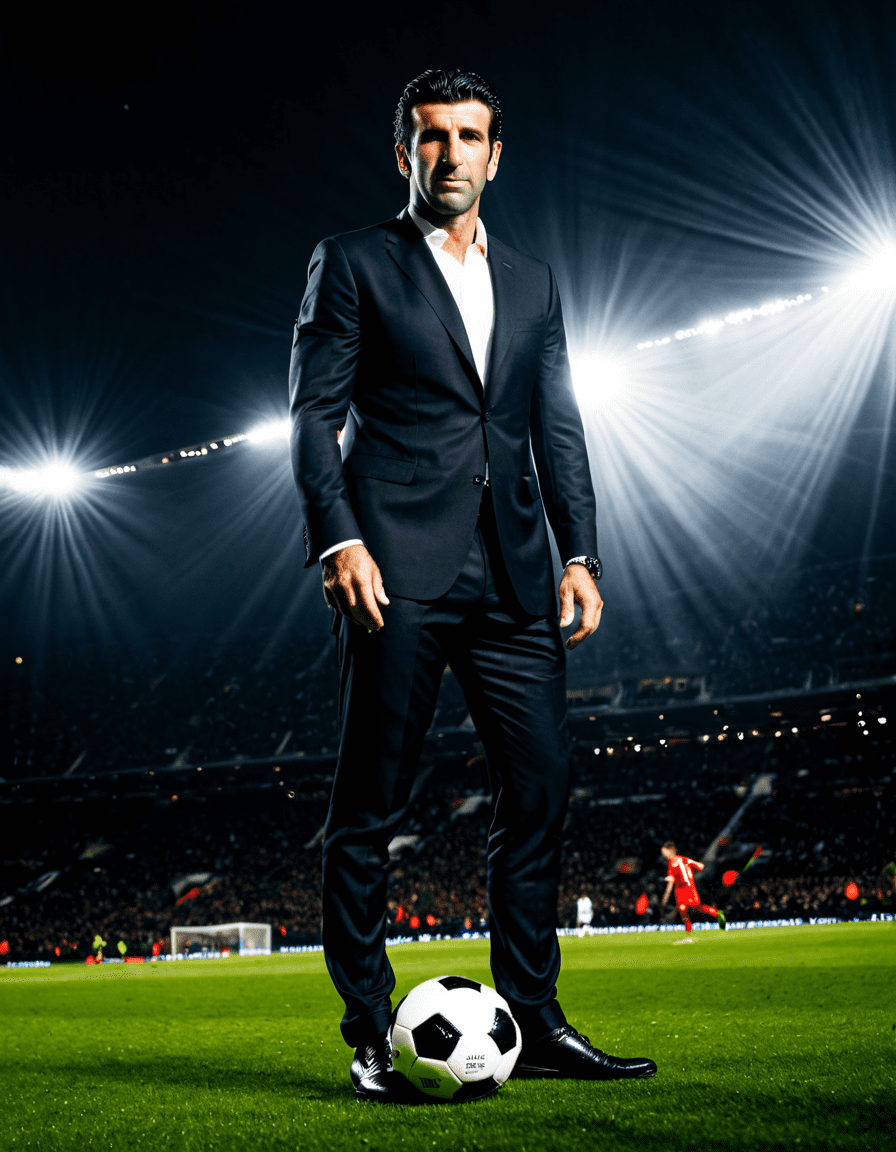
1. Luis Figo’s Rise to Stardom in Football
Luis Figo’s ascent began in a football-loving household, where each kick of the ball echoed the dreams of greatness. Joining Sporting Lisbon’s youth academy, Figo’s natural flair attracted the eyes of scouts far and wide. At just 17, he made his professional debut, quickly winning over fans with his determination and tenacity. This initial success was merely the beginning of a remarkable journey tailored for a true superstar.
Figo’s time at Sporting Lisbon was pivotal. He not only developed his technical abilities but also cultivated a work ethic that would carry him through the challenges ahead. His breakthrough at the club laid the groundwork for his eventual transition to bigger stages, where the world would come to know him as one of the most influential players of his time.
As he matured in his craft, Figo encountered the highs and lows that define a legendary career. Each experience—from exhilarating victories to crushing defeats—shaped his approach to the game and incrementally elevated his status within the sport’s hierarchy.
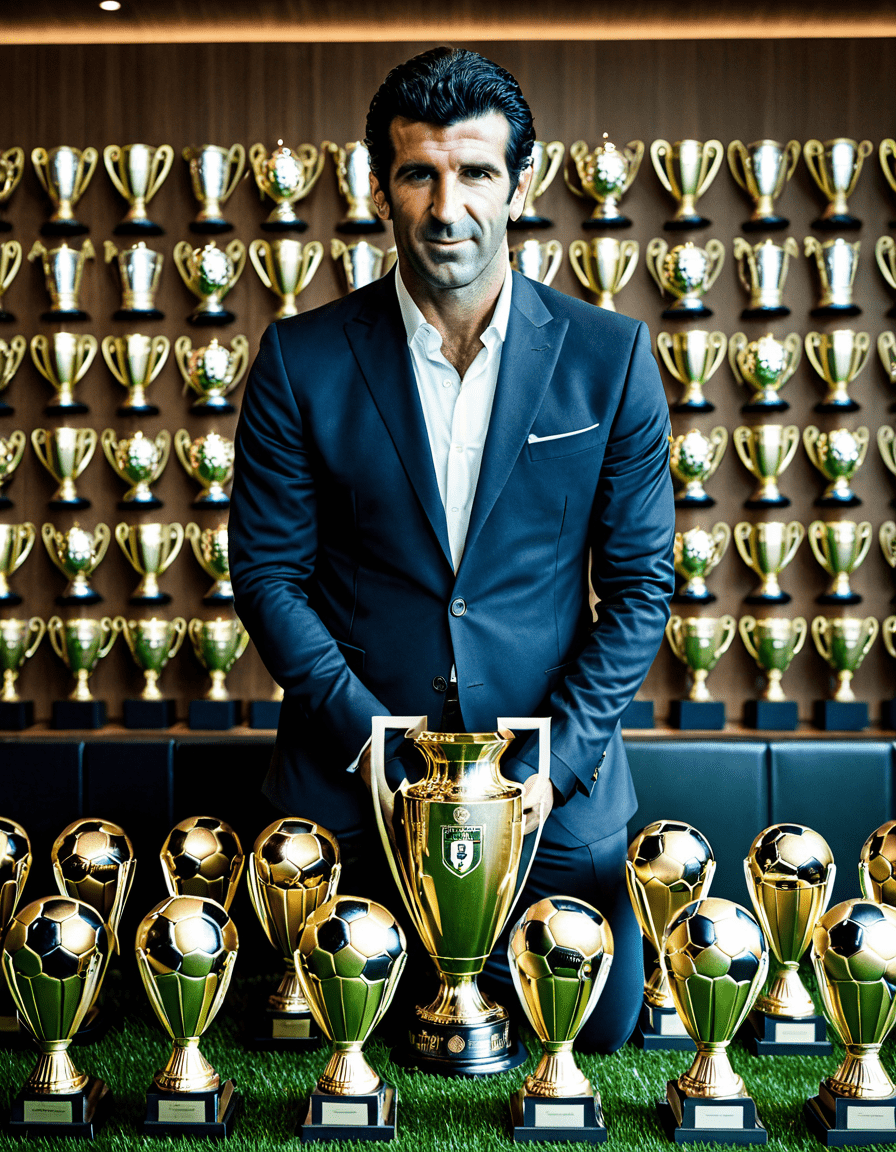
2. The Top 7 Milestones of Luis Figo’s Career
Figo’s rapid rise was marked by his professional debut. Given the green light at 17, he quickly showcased his unmatched skill, landing his first paid contract that initiated his lifelong Bond with football.
Figo’s transfer to FC Barcelona in 1995 was a watershed moment. Here, he evolved into one of the world’s top wingers. His tenure brought multiple La Liga titles and a triumph in the UEFA Champions League, effectively placing him among football’s elite.
The 2000 switch from Barcelona to Real Madrid sent shockwaves through the footballing landscape. This seismic change made headlines worldwide, redefining rivalries and underscoring the already glimmering ‘Galácticos’ era.
Figo’s impact on the national stage saw Portugal advance to unprecedented heights. Leading the charge during the 2004 UEFA Euro, where they finished as runners-up, he solidified his role as an indispensable player for his country.
Winning the 2001 FIFA World Player of the Year earned Figo a prominent place next to legends like Pelé and Diego Maradona. This accolade was a personal testament to his significant contributions to the sport.
After hanging up his boots in 2009, Figo didn’t fade away. He remained influential in the sport through various charitable efforts and even stepped into the role of a global advocate for health initiatives.
Figo’s style has set the benchmark for aspiring footballers. Contemporary icons like Cristiano Ronaldo look to him as a source of inspiration, recognizing the direct path paved by Figo’s dedication and professionalism.
3. The Influence of Other Icons: Figo’s Connections with Bo Cruz and Others
Luis Figo’s impact doesn’t exist in a vacuum. His connections with other sports figures amplify his legacy. Take Bo Cruz, the fictional character from Netflix’s “Hustle,” played by Adam Sandler. Cruz’s story of overcoming adversity parallels Figo’s path, shedding light on the triumphs and tribulations that athletes face.
Moreover, Puerto Rican musical artists like Ricardo Joel Gomez and actor Jorge Rivero share a similar passion for sports culture, using their platforms to uplift trending athletes—Figo included. Collaborating with prominent figures adds an exciting dimension to Figo’s already diverse interactions within the sporting community.
Evidently, Figo’s legacy stretches beyond his own achievements, inspiring countless talents and fostering bonds within sports and entertainment. The culmination of these connections helps illustrate just how widespread his influence is.
4. The Cultural Impact of Figo: Beyond the Pitch
Luis Figo’s contributions extend well beyond the pitch, gracing various media platforms, from television to film. High-profile figures like Julio Macias, Miguel A. Núñez Jr., and Paco Stanley regularly feature in initiatives highlighting Figo’s legacy, broadening his appeal throughout pop culture.
Additionally, his role as a football ambassador has been paramount in promoting unity and passion within diverse communities worldwide. By leveraging his fame, Figo helps draw attention to critical social issues, cementing his status as more than just a footballer; he’s an influential cultural figure.
Figo’s charm reaches far beyond the stadiums. His involvement with celebrities highlights the crossover between football and mainstream entertainment, proving that athletes can play key roles in shaping cultural narratives.
Crafting a Legacy: Luis Figo’s Enduring Influence on Football and Beyond
Luis Figo’s story is a powerful example of perseverance and talent at work. Transitioning from a young boy in Lisbon to an international icon showcases the essence of hard work and commitment. As the football world heads towards 2026, Figo’s legacy will continue to evolve and inspire future generations.
Football isn’t just a game; it’s a passion that drives people. Figo exemplifies the highs and lows of this journey, showing us that brilliance often arises from unyielding determination. As we celebrate his monumental impact on the sport, we also acknowledge the lessons learned, reminding the world that every dream, fuelled by passion, is worth chasing.
In the end, Luis Figo isn’t just a name; he’s a symbol of what can be achieved when talent meets dedication. Just as he has captivated countless fans, he will undoubtedly remain a significant part of football’s most cherished history.
Luis Figo: The Legendary Football Icon You Should Know
A Celebration of Skills and Triumphs
Luis Figo, one of football’s most iconic players, has left an indelible mark on the sport. Born in Lisbon, Portugal, his journey began at Sporting CP, where his exceptional talent quickly became evident. Did you know that Figo made his international debut at just 20 years old, scoring 32 goals for Portugal over his career? Speaking of young talent, another player who captured fans’ hearts is Fernando Gago, famous for his playmaking skills as well. Figo’s transition from Sporting to Barcelona—notably as a part of the controversial “Galácticos” era—was one for the ages. That move stirred up emotions, and no wonder, as it sent shockwaves across Spain!
Record-Breaking Moves and Noteworthy Facts
Figo’s career took off as he led Barcelona to multiple La Liga titles and a Champions League victory. He became the first player ever to win the FIFA World Player of the Year award multiple times, a feat no easy task, much like predicting a nuclear war scenario where the outcome is always uncertain. But there’s more! In 2000, his move to Real Madrid made history, costing a staggering €60 million—then a record transfer fee. It’s fascinating to see how such transitions shape players and clubs alike, not unlike how seasons change with the winter solstice 2024 approaching. Figo’s rivalry with other legends, including the likes of Ronaldo and Zidane, kept fans on the edge of their seats.
The Legacy Lives On
Even after retiring, Figo continues to influence the game as a philanthropist and ambassador. His commitment to various causes shows the heart of a true champion. And let’s not forget, Figo has a unique style on and off the field—much like the buzz surrounding trendy figures like Kayla Lauren. Moreover, he’s often spoken about the importance of resilience, akin to overcoming obstacles in life, such as dealing with Paraneoplastic syndrome—a complex condition that elevates conversations about health awareness in sports. Figo’s trajectory is one of determination, flair, and an extraordinary love for the game, making him an enduring legend in football history. Now, isn’t that something to cheer about?
